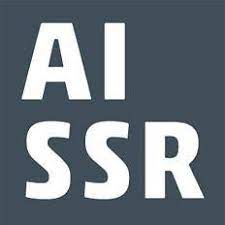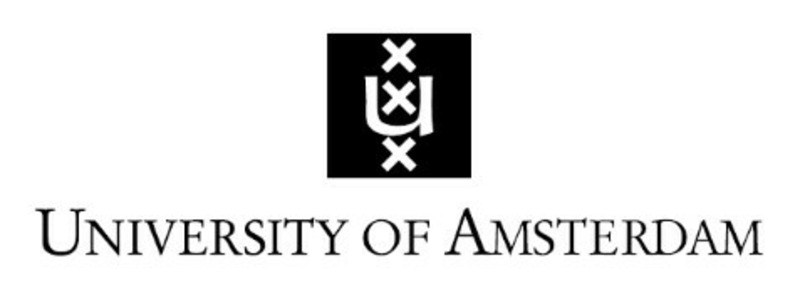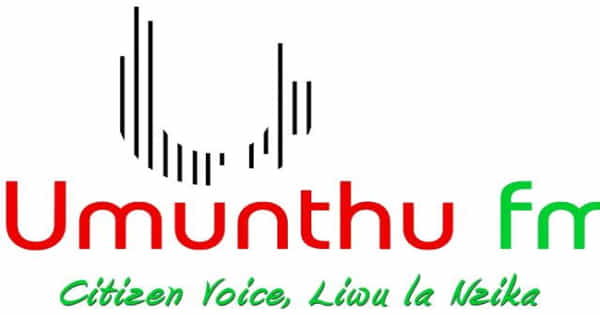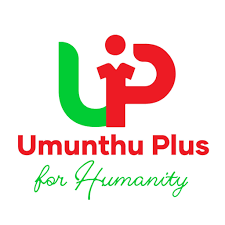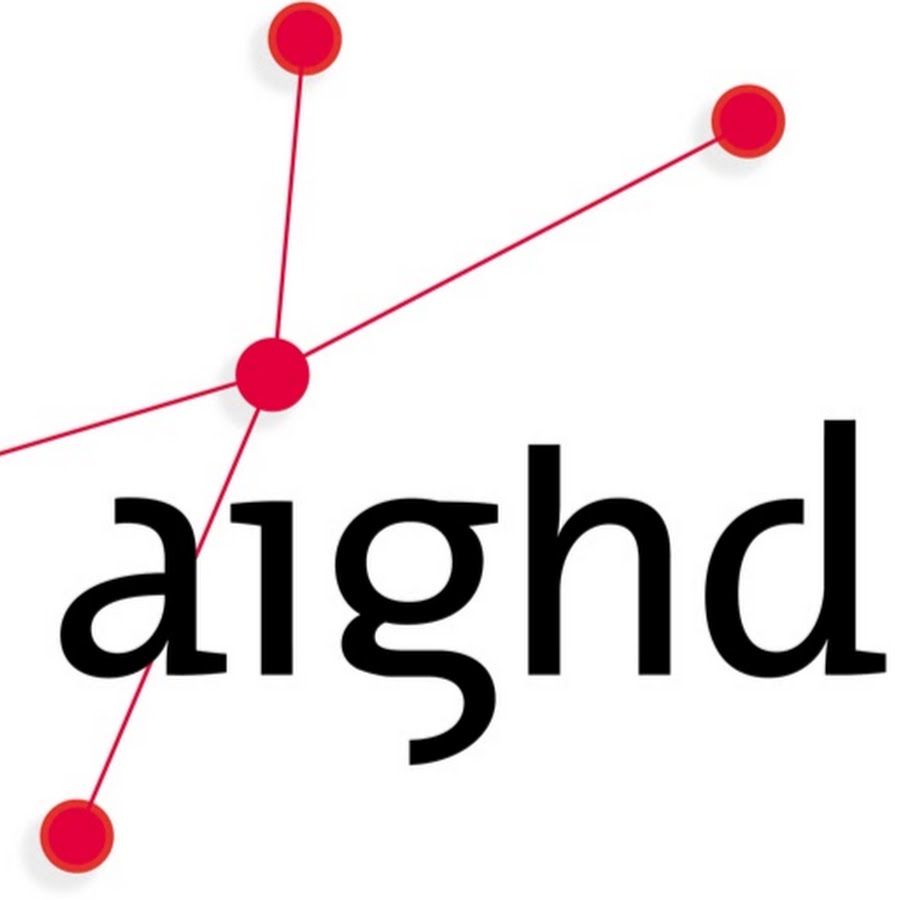Generating debate and visualising change
View knowledge productThis project engages with three interlinked and mutually reinforcing sets of issues, that is, the girl-friendliness of schools (GFS), the quality of comprehensive sexuality education (CSE), and the youth friendliness of health services (YFHS). The proposed project is ultimately geared at improving SRHR-related services for young women and men, but works with civil society, educators and health service providers to achieve this goal.
For this project, researchers assessed the uptake of three visualization tools in change processes geared to improving young people’s SRHR. The visualization tools offer an innovative means to assess services in a participatory manner with a range of relevant stakeholders. The dialogue that the tools can generate can contribute to building awareness of stakeholders of SRHR-related issues faced by young people, and create insight into the varying perspectives different actors may have of a particular issue. Young women may, for example, have a different perception as to what constitutes ‘violence’ when compared with (young) men. The tools offer practical means to jointly identify areas for improvement, and generating commitment to the changes agreed on.
Each tool offers: a) a checklist that can be used to assess the degree to which initiatives meet core aspects of CSE, YFHS and GFS, and b) a more qualitative element which can serve to facilitate dialogue between different stakeholders concerning key criteria and visualize progress made in meeting these criteria. The format of the tools was based on the Girls QUAT tool developed by the International Child Development Initiatives (ICDI). In what follows, we provide a brief overview of the rationale for the development of the visualization tools, for whom and how they were designed, and what purposes they serve.
All tools are available for download below in English and French. Additionally, there is a project report documenting the process and results of this project.
Researchers involved with this project: Esther Miedema and Winny Koster
Research assistance was provided by: Rose Vreugdenhil and Juliana Mee.
Knowledge product details
-
Small Grants
-
2020
-
Netherlands
-
Sexuality education
-
SRHR access
-
Youth SRHR
-
Share-Net Netherlands
-
English
-
French
-
Research
-
Visualization Tool

